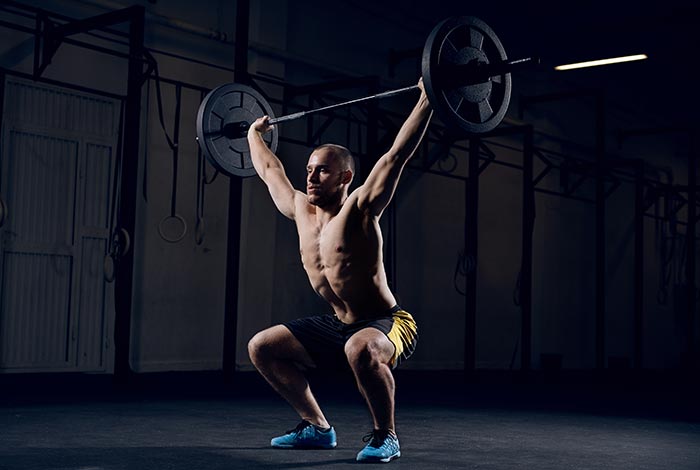We treat many different types of sports-related injuries, which can range from minor sprains and strains to serious fractures or ruptures that require surgery. If you injure yourself playing sport, it is important to stop immediately as continuing to play with an injury may lead to further and potentially more serious problems. The RICE method (rest, ice, compression, elevation) may help to relieve pain and swelling in the case of minor sprains and strains. More serious injuries need a proper medical diagnosis and may require urgent treatment.
Common injuries
Among the most common sports-related injuries to the shoulder and elbow are:
- ACJ Injuries – The joint between the shoulder blade and collarbone is called the acromioclavicular joint or ACJ. You use this joint for pushing, pulling and lifting as well as making overhead movements. It is prone to injuries as the result of a fall or impact or from lifting very heavy weights. ACJ injuries can also occur through overuse or wear and tear.
- Rotator Cuff Tear – The rotator cuff is a group of muscles and tendons that surround the shoulder joint. It covers the ball at the head of the upper arm bone helping to keep it within the shallow shoulder socket. The rotator cuff can become torn following a fall or as the result of overuse. The risk of tears increases with age.
- Elbow Dislocation – If you dislocate your elbow the bones of the forearm and the bone of the upper arm are wrenched apart. It is normally the result of a traumatic injury or heavy fall.
- Shoulder Dislocation – Your shoulder is the most mobile joint in your body which means it is susceptible to dislocation. When this occurs the upper arm bone is wrenched out of the socket in your shoulder blade. The surrounding soft tissues may be stretched or torn and there may be nerve or blood vessel damage around the joint.
- Fractures
- Sprains and Strains
Causes of Sports Injuries and Trauma
- Elbow dislocations are generally caused by falling heavily onto an outstretched arm. However, any kind of traumatic injury such as a collision or accident may result in a dislocated elbow.
- The mobility of your shoulder joint means it can dislocate forwards, backwards or downwards. It is normally caused by falling heavily onto the shoulder or arm, or as the result of a collision. The injury occurs most commonly in men in their 20s.
- Fractures, sprains and strains may be the result of falls, collisions or overuse. Failing to warm up or cool down completely increases the risk as does suddenly increasing the intensity of training.
Symptoms of Sports Injuries and Trauma
- A dislocated elbow is extremely painful. Your elbow may be swollen and misshapen and you will be unable to bend it. Sometimes you may lose feeling in your hand or be unable to feel your pulse which may indicate damage to the nerves and arteries in your arm.
- As with elbow dislocations, a dislocated shoulder is intensely painful. Your shoulder may appear deformed with severe swelling or bruising and you may be unable to move the joint. Numbness, weakness or tingling may occur near the injury and may extend into your neck or down your arm.
- The level of pain and loss of function associated with fractures, sprains and strains will vary according to the severity of the injury.
Diagnosis of Sports Injuries and Trauma
Diagnosis will involve a physical examination and you may also need diagnostic imaging (X-ray, CT scan or MRI scan) to confirm the diagnosis and/or assess the damage. For a traumatic injury such as a dislocated elbow or shoulder you should seek emergency medical advice, particularly if there is a loss of sensation or pulse.
Treatment of Sports Injuries and Trauma
Treatment will depend on the type and severity of the injury. If you dislocate your elbow, for example, the doctor will give you a strong painkiller before levering it back into place. You will then need an X-ray to assess any damage and your arm will need to be immobilised in a splint while it heals. Shoulder dislocation carries a risk of repeated dislocations which may lead to shoulder instability. It is important, therefore, that you make a full recovery before returning to physical activity to reduce the risk of this happening.
OUR CONSULTANTS
We are an experienced and highly qualified team of orthopaedic surgeons using the latest surgical and non-surgical techniques to eliminate or reduce pain so our patients can experience the best possible quality of life.
BOOK A CONSULTATION
Whether you have an existing diagnosis or you are keen to discover what is causing your symptoms, contact us to arrange a consultation. We can organise any tests you require and discuss your treatment options.
What Our Patients Say

